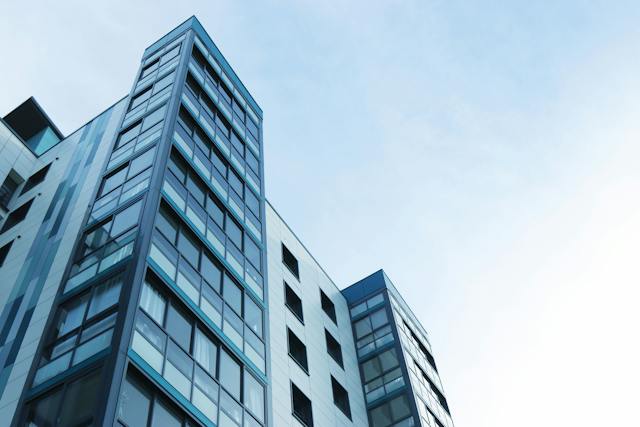
If you’ve been injured in an apartment accident, you may have several questions, such as whether your landlord is liable. Please continue reading and reach out to Casper & de Toledo to learn more about whether you can sue your landlord for an injury and how a Stamford, Connecticut slip and fall lawyer from our legal team can help you through each phase of the personal injury claims process. Here are some of the questions you may have:


What Are the Most Common Causes of Apartment Accidents?
Apartment accidents in Connecticut can stem from various factors, often linked to negligence. Faulty wiring, leading to electric shocks or fires, is a frequent issue. Slippery floors, due to unaddressed leaks or poor maintenance, pose significant risks. Structural problems, such as weakened floors or ceilings, might result in collapses. Another defect common in older structures is neglected stair treads and handrails.
Additionally, inadequate security measures can lead to break-ins or assaults, heightening the spectrum of potential accidents. Ultimately, these are just some of the most common causes of apartment accidents, and if you’ve been injured in your apartment due to any type of unsafe property condition, you may be entitled to compensation. However, there are generally different obligations that apply, depending upon whether the injury occurs within your own apartment, as opposed to common areas such as exterior facilities, an elevator and common stairs.
Can I Sue My Landlord for an Injury in My Apartment?
Landlords are bound by law to ensure their properties are safe and habitable. If your injury resulted from a hazard that your landlord knew about but failed to rectify, you might have grounds for a lawsuit. For example, if you informed your landlord about a broken stairway railing and your complaint was neglected, leading to your fall, this could constitute negligence. Demonstrating that the landlord’s inaction directly caused your injury is key to a successful claim.
After sustaining an injury in an apartment accident, it is paramount that you take several steps to document the accident and your injury, including the following:
- Call the police.
- Take pictures/videos of the unsafe apartment conditions that caused your accident.
- Ask anyone who may have witnessed your accident for their contact information.
- Keep copies of any and all medical documentation pertaining to your injury.
- Hire a competent Connecticut personal injury lawyer who can fight for the compensation you deserve.
How Long Will I Have to File a Personal Injury Claim in Connecticut?
Connecticut law stipulates a specific timeframe for filing personal injury claims, known as the statute of limitations. Generally, you have two years from the date of the accident to initiate legal action. It is imperative to consult with a personal injury attorney as soon as possible to ensure your claim is filed within these legal boundaries. Delaying could jeopardize your right to seek compensation.
If you have any further questions, or you believe you may have a valid claim, please don’t hesitate to contact Casper & de Toledo today.

